
Privacy statement: Your privacy is very important to Us. Our company promises not to disclose your personal information to any external company with out your explicit permission.
Model No.: SN-230
Brand: SKYSIL
Place Of Origin: China
Main Ingredient: Acrylic, Epoxy, Nitrocellulose, Polyurethane
Application Field: Appliance Paint, Plastic Coating, Boat Paint, Car Paint, Furniture Paint, Paper Coating, Electrical Insulating Varnish
Instructions: Brush
Status: Powder Coating
Productivity: 100000 Ton/Year
Certificate: SGS/ISO9001
Suitable Industry: Coil Coatings
Brand Name: SKYSIL
Packaging: 10 kgs/bag, 360 kgs/Pallet, 20 fcl 3.6 Ton With Palletized, 4.5 Ton Without Pallet.
Productivity: 10000 Ton/Year
Transportation: Ocean,Land,Air
Place of Origin: China
Supply Ability: 800 Ton/Month
Certificate: SGS
HS Code: 2811229000
Port: Guangzhou,Shenzhen,Shanghai
Payment Type: L/C,T/T,D/P,Paypal
Incoterm: FOB,CFR,CIF,EXW


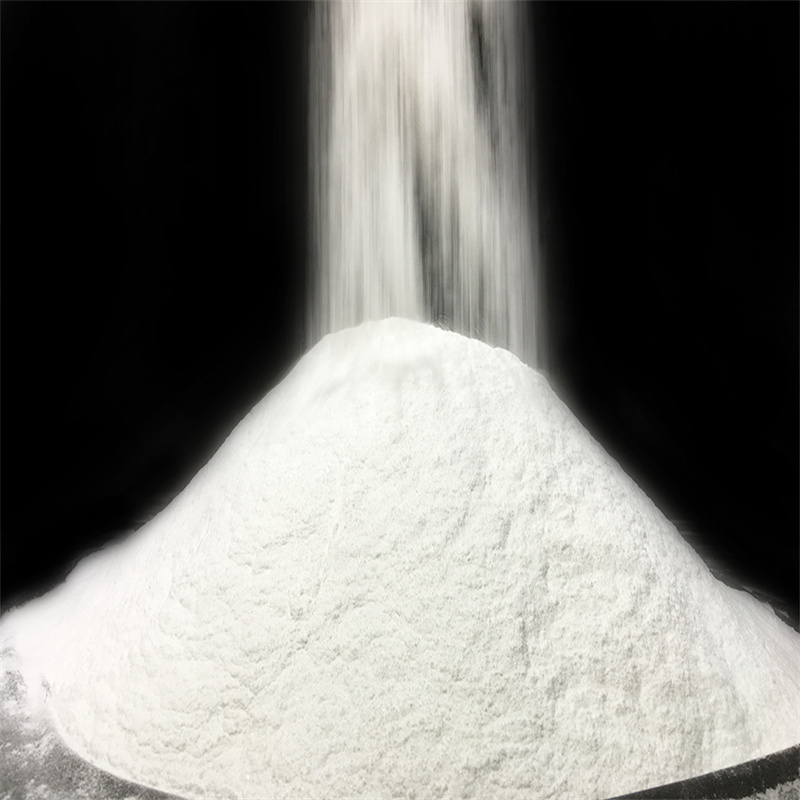
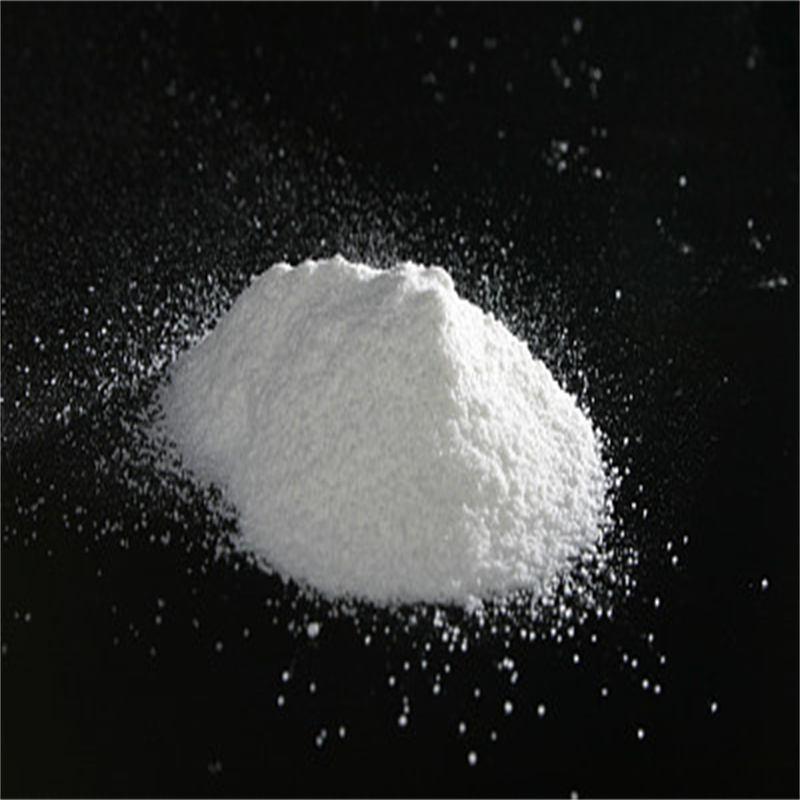
Due to this special physical and chemical structure, ordinary silica particles are prone to a large number of surface adsorbed water molecules,
secondary aggregation between molecules, and excessive specific surface area when forming aggregates, which affects the effect of its industrial
application. Specifically,it is manifested as follows:
(1) Hydrophilic surface: Since the surface of silica aggregates contains a large number of polar hydroxyl groups, it will have a strong adsorption effect
on external water molecules, causing a large number of water molecules to be adsorbed on its surface. During the processing of rubber products, a
large number of water molecules adsorbed on the surface of silica particles will cause bubbles and voids in the mixed rubber during vulcanization,
thereby affecting the performance of the colloid. At the same time, the surface of rubber products is generally not polar, while the surface of silica
contains a large number of polar hydroxyl groups, resulting in poor compatibility between the two, thus affecting the reinforcing effect of silica.
(2) Poor dispersibilit: The structure of silica is a chain-like aggregate. Ordinary silica produced by precipitation method is prone to secondary aggregation
when forming aggregates and the structure is not easily destroyed. Compared with silica particles prepared by the gas phase method, ordinary silica
particles produced by the precipitation method often cross-link into a whole when aggregated, resulting in poor dispersibility of silica particles. When used
as an industrial reinforcing agent, poor dispersibility is not conducive to the combination of silica and the reinforcing matrix, which will reduce its reinforcing
effect.
(3) Excessive specific surface area: Silica particles have a small particle size and a large specific surface area. Although a large specific surface area usually
plays a promoting role in the rubber reinforcement process, an excessively large specific surface area will enhance the cohesive force between silica particles,
resulting in it being difficult to disperse in the rubber matrix, and it is easy to adsorb a large amount of accelerators, delay vulcanization time, generate excessive
heat, and burn the matrix during the processing of rubber products.
Therefore, silica mostly needs to be modified before industrial application to improve its industrial application performance.
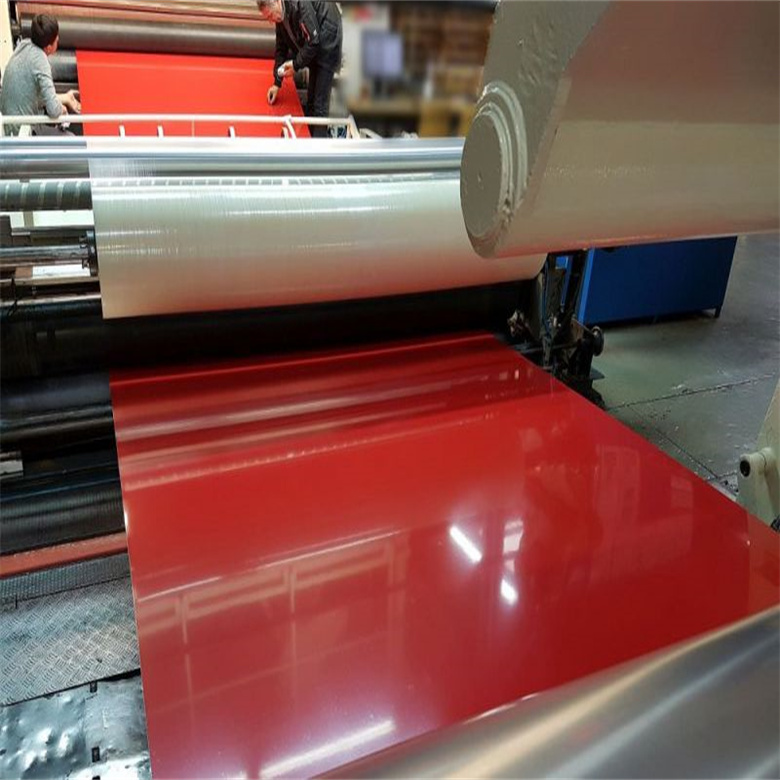


Tips:
* Before you use it, please test and make sure the dosage before using according different formulations and conditions.
* Recommended dosage is 3% -5%.
| Item | SN-230 |
| Brand | SKYSIL |
| Particle Size(Malvent),um | 4.5-6.5 |
| PH (5% Liquor) | 8.0-10 |
| Oil Absorption g/100g | 30-50 |




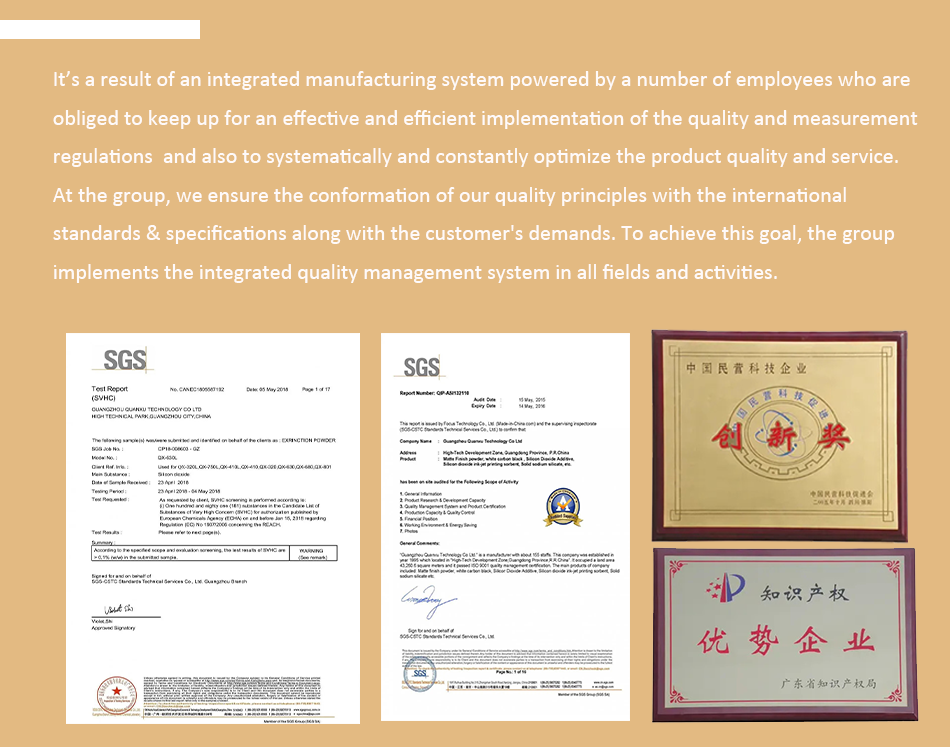

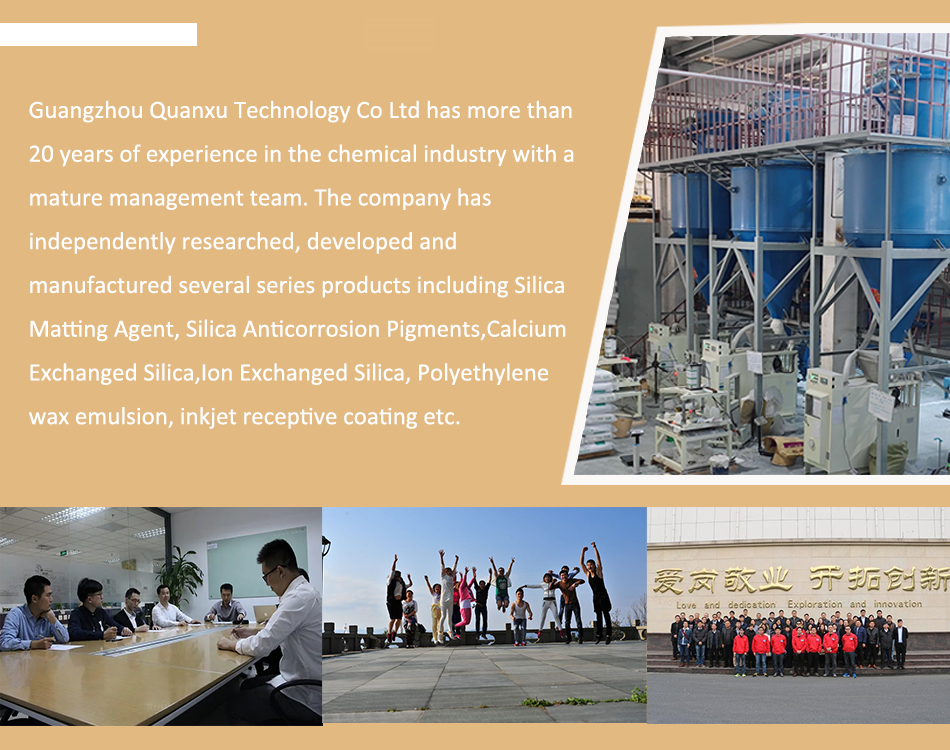 Anticorrosion Pigments, Inkjet Receptive Coating, Matting Agent
Anticorrosion Pigments, Inkjet Receptive Coating, Matting Agent
Product Categories : Matting Agent > Matting Agent For Coil Coatings


Privacy statement: Your privacy is very important to Us. Our company promises not to disclose your personal information to any external company with out your explicit permission.

Fill in more information so that we can get in touch with you faster
Privacy statement: Your privacy is very important to Us. Our company promises not to disclose your personal information to any external company with out your explicit permission.